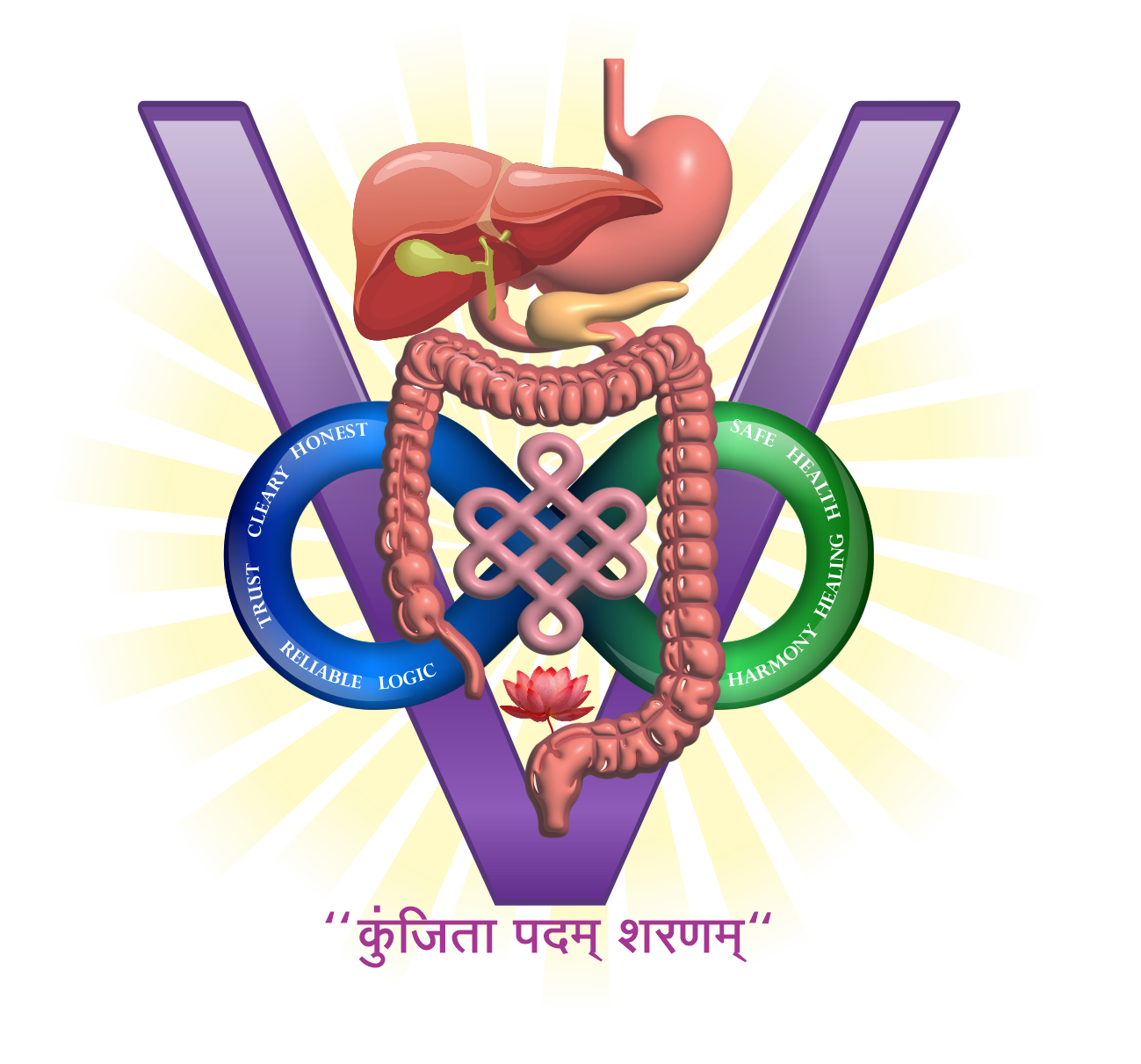FAQ
Frequently Asked Questions
A GI Surgeon specializes in diagnosing and surgically treating diseases of the digestive system, including the stomach, intestines, liver, pancreas, gallbladder, and colon. You should visit a GI Surgeon if you have persistent abdominal pain, digestive issues, gallstones, hernia, or require surgical treatment for gastrointestinal cancer.
Laparoscopic surgery is a minimally invasive approach performed through small incisions using a camera and specialized instruments. It results in less pain, minimal scarring, faster recovery, and shorter hospital stays — making it a preferred method for gallbladder removal, hernia repair, and GI cancer surgeries.
Gallbladder surgery, also known as cholecystectomy, is recommended for conditions like gallstones, inflammation, or gallbladder dysfunction. It is usually done laparoscopically, which allows patients to recover quickly with minimal discomfort.
GI cancer treatment often involves removing the affected part of the digestive tract along with nearby lymph nodes. Surgical options depend on the type and stage of cancer, and many procedures are now performed using minimally invasive or laparoscopic techniques to improve recovery and outcomes.
Common signs of liver or pancreatic disorders include abdominal pain, jaundice, unexplained weight loss, nausea, or changes in digestion. Early diagnosis and treatment by a specialist are crucial to prevent complications and improve long-term health.
Endoscopy is a diagnostic and therapeutic procedure that uses a flexible camera to examine the digestive tract. It helps detect ulcers, inflammation, polyps, or early-stage cancers and can also be used to perform certain treatments without surgery.
Hernia is typically treated through surgical repair to prevent complications. Minimally invasive techniques offer faster healing, less postoperative pain, and lower recurrence rates compared to traditional open surgery.
Laser piles treatment uses focused laser energy to shrink and seal swollen hemorrhoidal tissues. This precise, minimally invasive technique reduces pain, bleeding, and infection risk while allowing for quicker recovery compared to conventional surgery.
Achalasia cardia, a condition that causes difficulty swallowing due to esophageal muscle dysfunction, is often treated with minimally invasive procedures like Heller myotomy or POEM (Peroral Endoscopic Myotomy). These techniques improve swallowing and overall quality of life.
A child should visit a pediatric gastroenterologist if they experience persistent digestive problems, poor growth, chronic abdominal pain, or suspected liver or intestinal conditions. Pediatric surgeons also manage congenital gastrointestinal disorders and perform minimally invasive surgeries when needed.

